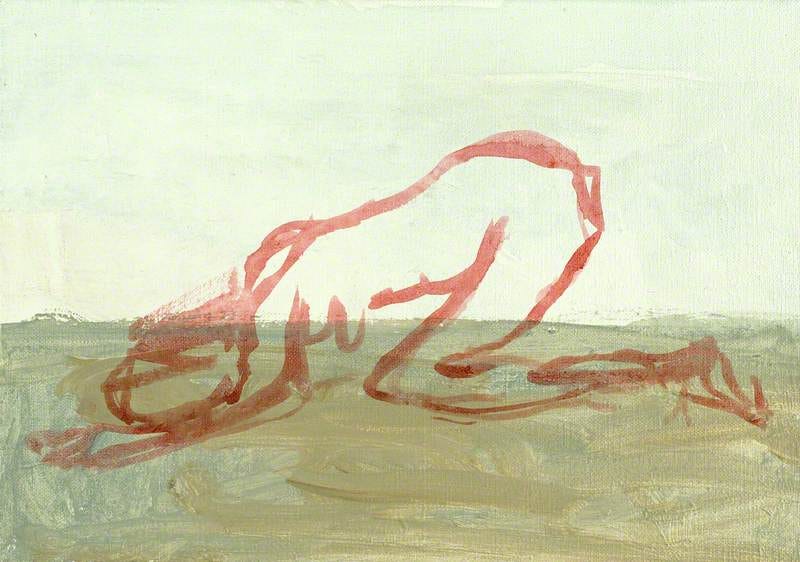A chill of familiarity
On Luigi Mangione and chronic pain.
We live in a country with so many senseless killings it is sadly rare that any of them stand out. Most of them don’t break through the noise of daily living, their horror normalized and made to seem routine, like a poor wallpaper choice we’re simply supposed to look past.
The murder of the United Healthcare CEO Brian Thompson has felt particularly chilly because for the first time in my life, I have something significant in common with the perpetrator—a life disrupted by chronic pain. Killing someone is unfathomable to me, but pain destroying someone’s life and their ability to think clearly or regulate emotions, unfortunately, makes perfect sense to anyone who’s been taken to new depths of despair by constant, 10/10 pain.
These days it’s much easier to diagnose a killer as a crazy incel than to look deeper at the societal ills that have led them to do something so extreme. Daring to look at the bigger picture is seen as somehow sympathetic or excusatory, like you’re suddenly validating these heinous acts by simply looking critically at what is driving so many people to turn to guns. It’s more palatable to pin all the blame on a lone wolf than a sick society.
There’s been a lot written about the misguided reactions of people who are disturbingly gleeful over the death of a rich CEO or framing Luigi Mangione as some sort of social justice warrior. What I see is the saddest possible version of the chronic pain story, as if someone took what the average patient goes through (depression, anger, frustration, and a loss of identity) and put it on steroids for maximal shock value. It’s an especially twisted outcome, but one whose emotional foundation isn’t actually foreign to the chronic pain community.
As the story unfolded yesterday, I ran to the chronic pain groups on Reddit that I’ve used for support over the years to see what people were saying. Most people were unsurprised that someone seemingly suffering from immense pain and struggling to get the help they need from our healthcare system could commit such an act. However, all of them noted that pain (and frustration with medicine at large) had only ever made them want to hurt themselves. I know that feeling well.
Living with chronic pain sends you into a labyrinthian shadow world that most people are lucky to know nothing about. The future and whatever dreams you had for it disappear to make room only for the now, and not in a mindful or grounded way. It’s a now you find yourself constantly trying to escape as you weave in and out of doctor’s offices, MRI machines, and physical therapy locations. You spend the majority of your days reading about pain in books and on forums, seeking out the magic words that will make it go away, or on hold with insurance trying to get something approved for the tenth time. If you’re extra unlucky, the pain treatments you try will only leave you with more pain, suddenly fantasizing about a time when the pain was only horrific in one area, rather than five. And you never truly get a reprieve, you just learn how to white-knuckle your way through normal activities when you absolutely must, collapsing into yourself (or this new self you’ve become and don’t recognize) once they’re over.
None of this, thankfully, necessitates a murderous impulse, but it absolutely eats at your will to live. You find yourself screaming into pillows until your body convulses with tears, wailing so loudly that you scare yourself. You sink into the tub and think, for the first time in your life, about drowning. Dignitas becomes a familiar word, a safe place in your mind if all else fails.
These are not reasons to sympathize with a murderer, but they are facts of life with chronic pain that help to explain how a person can change so drastically and, in the case of Magnione, become radicalized, under the weight of a broken body and a system that often doesn’t help or actively makes it worse. They are realities we should be taking a much closer look at now as a society but that I worry we won’t, because what I’ve learned is that until someone personally knows real, life-altering pain then pain doesn’t matter. Even, I fear, when this is the result.


